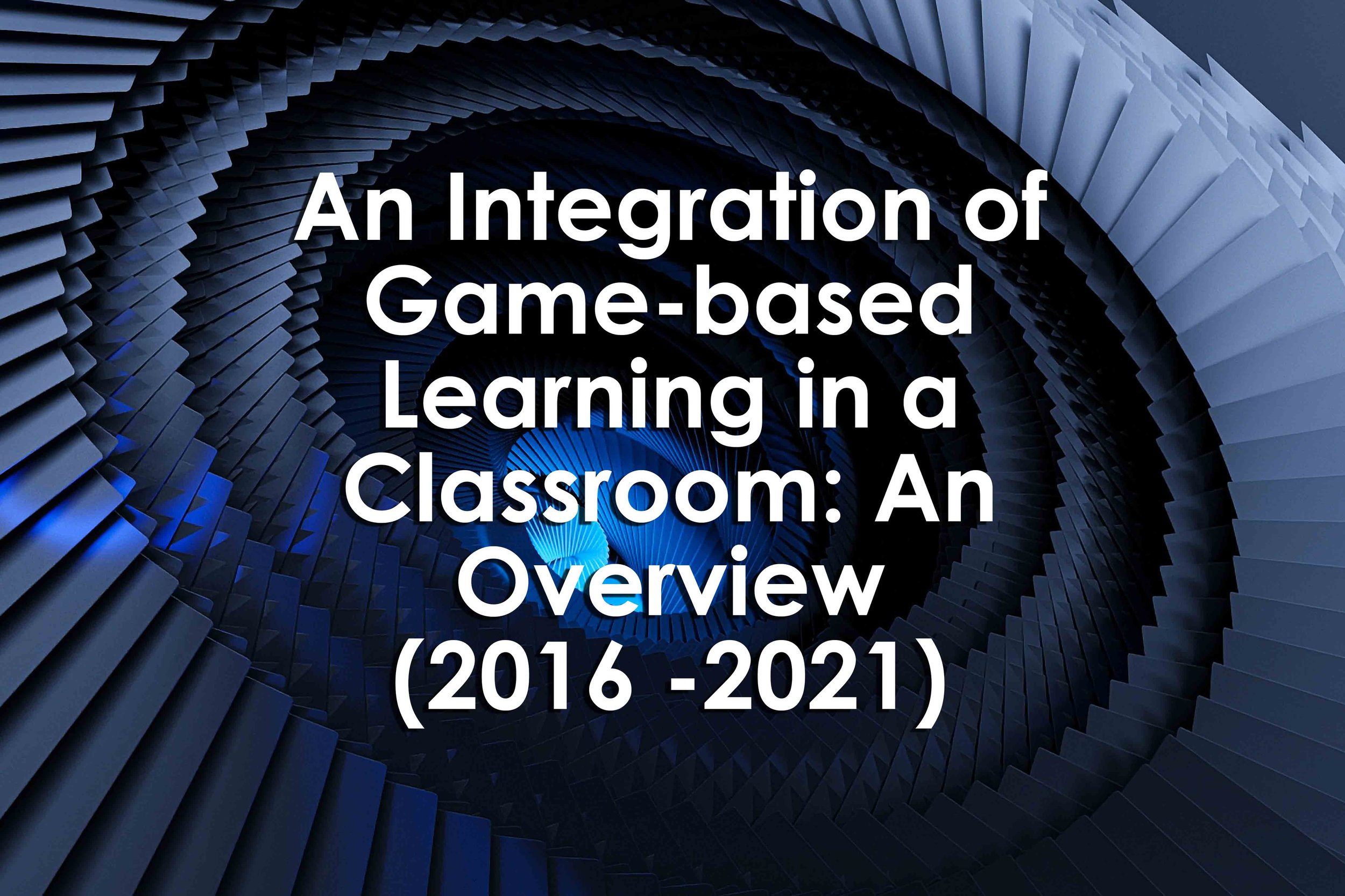An Integration of Game-based Learning in a Classroom: An Overview (2016 -2021)
An Integration of Game-based Learning in a Classroom: An Overview (2016 -2021)
An Integration of Game-based Learning in a Classroom: An Overview (2016 -2021)
By Siti Fatimah Abd Rahman, Khadijah Khalilah & Syamsul Nor Azlan Mohamad
Abstract
“Games are increasingly becoming common in learning environments, and to match the requirements of developing a course as a game, a variety of technologies have been developed. Besides education, game-based learning has been popular in other settings, including professional training and social media. By introducing gaming elements as a training method, game-based learning platforms will boost students’ engagement, motivation, and productivity. Game-based learning is more than just making games for students to play on the surface; it is also about establishing learning activities that gradually teach subjects and lead users to achieve goals. This paper reviews the two research elements: the instruments used and disciplines done by 21 researchers on the game-based learning approach. The findings show that most studies have remarkable results in developing the game-based learning method. Generally, game-based learning in education strikes the perfect balance between subject matter and gameplay and the students’ capacity to retain and apply that knowledge in real life. Nevertheless, more research in game-based learning qualities and elements is required to provide extensive knowledge on the adaptability of current technological systems.”
Reference
Rahman, S. F., Khaliah, K., & Mohamad, S. N. (2022, March). An integration of game-based learning in a classroom: An overview (2016 ... Retrieved May 2, 2022, from https://www.researchgate.net/publication/359686577_An_Integration_of_Game-based_Learning_in_a_Classroom_An_Overview_2016_-2021
Keyword
Game-based learning, classroom, learning environments, games, technological systems, research

